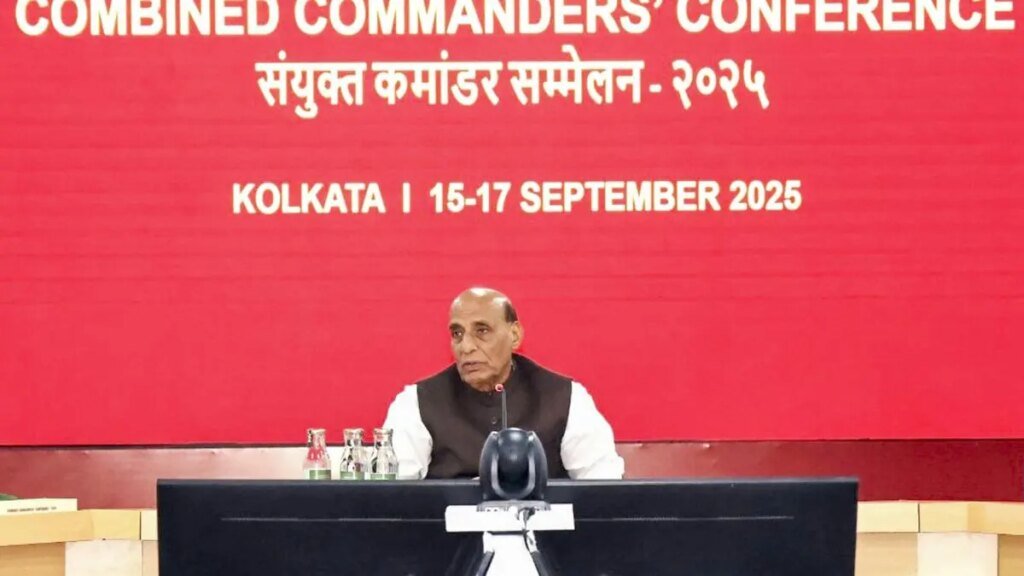Celebrities Shift Focus to Esports as India’s Gaming Ban Reshapes Endorsements, ETLegalWorld
Top cricketers earned hefty sums from fantasy-gaming tie-ups until recently. Virat Kohli drew around INR 10–12 crore annually from MPL, while Mahendra Singh Dhoni earned about INR 6–7 crore from Winzo, as per reports. Collectively, endorsements across leading players were estimated at INR 150–200 crore a year. With India’s blanket ban on real-money gaming (RMG) in 2025, those contracts have turned from lucrative to legally fraught.
The Promotion and Regulation of Online Gaming Act makes it an offence to promote or advertise prohibited platforms, carrying penalties of up to two years’ imprisonment and fines of INR 50 lakh.
“Under the new law, even promoting or advertising these games carries serious penalties,” said Isheta T. Batra, founder of TrailBlazer Advocates. “This means cricketers and celebrities endorsing brands like Dream11, MPL, My11Circle, or A23 must urgently reconsider their promotional ties.”
No liability for past ads
Lawyers emphasise that endorsers are insulated from penalties for earlier campaigns, since the law is not retrospective. “Cricketers and celebrities who endorsed brands such as Dream11, MPL, A23, or My11Circle are not exposed to statutory penalties merely for past endorsements,” said Rahul Hingmire, managing partner at Vis Legis Law Practice.Varun Singh, founding partner, Foresight Law Offices added: “There is no mention of the law being enforced in retrospective capacity. Therefore, celebrities, cricketers or any influencers who had earlier promoted or endorsed these games shall not be held liable.”
Contract complications
The immediate challenge lies in ongoing endorsement contracts. Many such deals commit stars to future deliverables, from new social media posts to event appearances. Honouring those commitments is now illegal, but breaking the contracts risks termination penalties or litigation from gaming companies.
“Invoke illegality/change-in-law clauses to cleanly exit,” Batra said. Some contracts contain such provisions, allowing either party to terminate if the endorsed product becomes unlawful.
For agreements without these clauses, lawyers are citing the doctrine of “frustration of contract”, which permits termination when external circumstances make performance impossible. “Endorsement agreements may now stand frustrated, suspended, or terminated, resulting in loss of contracted revenues,” Hingmire said.
The ban has also triggered a compliance push. Lawyers note that past content could attract scrutiny if it remains online, as regulators may treat it as continued promotion. Under the Consumer Protection Act, celebrities risk show-cause notices over misleading advertisements.
Batra recommended an “immediate creative audit and takedown for RMG deliverables” along with records of compliance steps.
With RMG endorsements off the table, lawyers suggest celebrities pivot to esports, social-gaming or edtech-linked platforms, which remain outside the ban. As Batra put it: “Celebrities can pivot to esports/social-gaming or adjacent digital-sports categories that remain compliant.”





